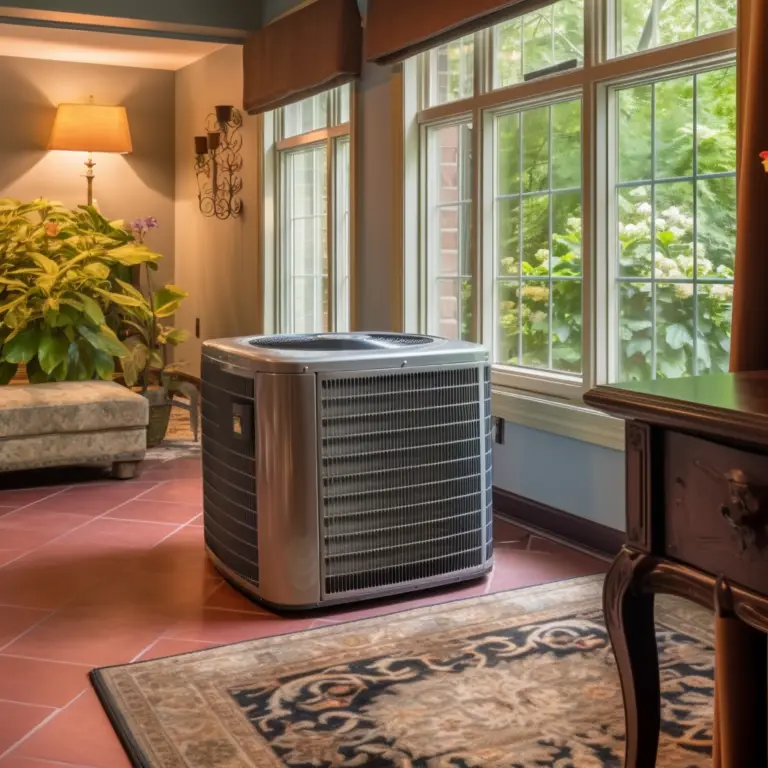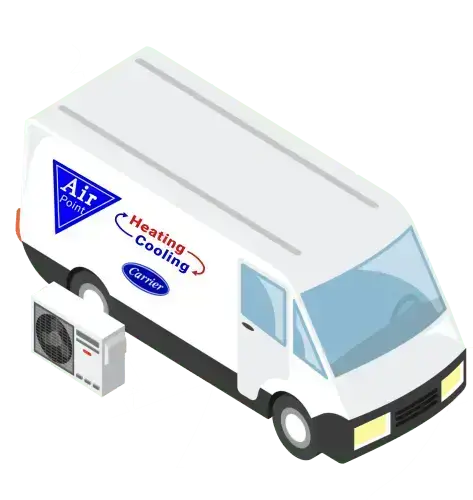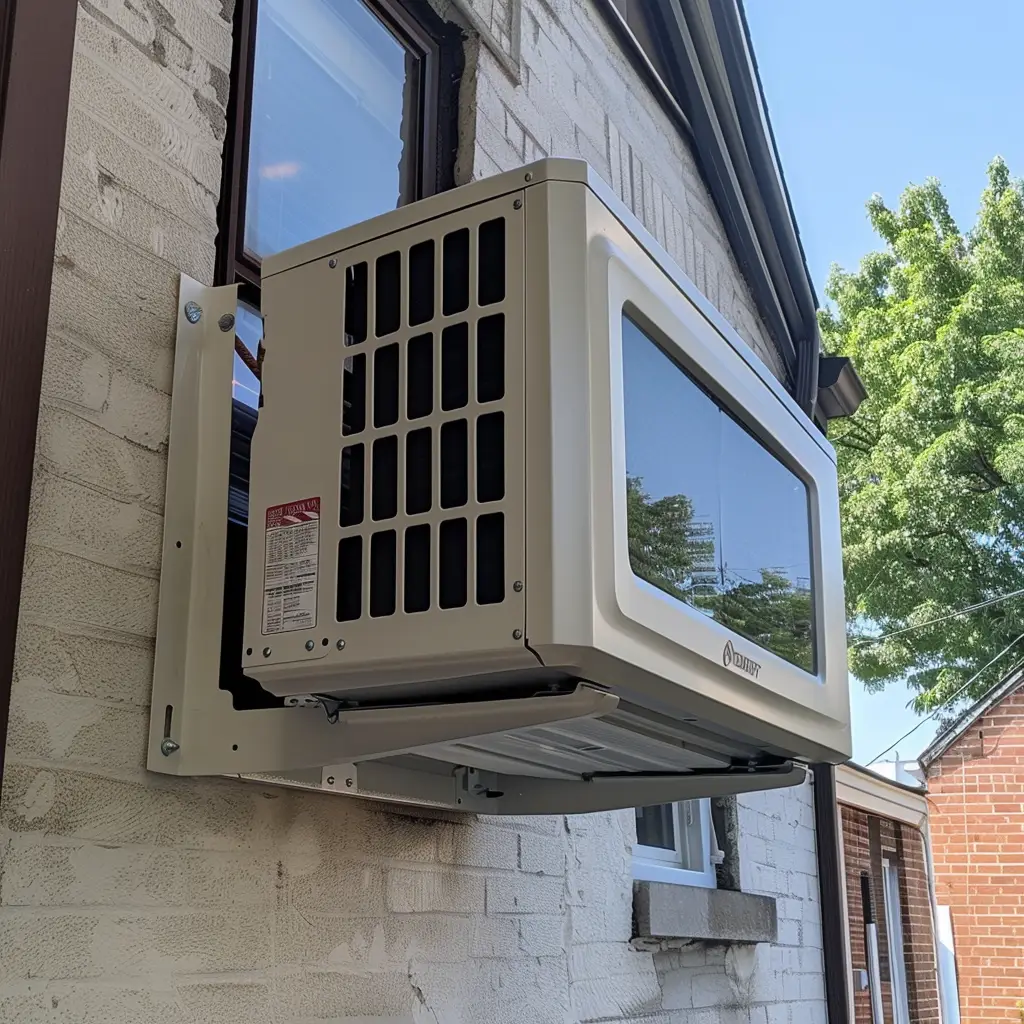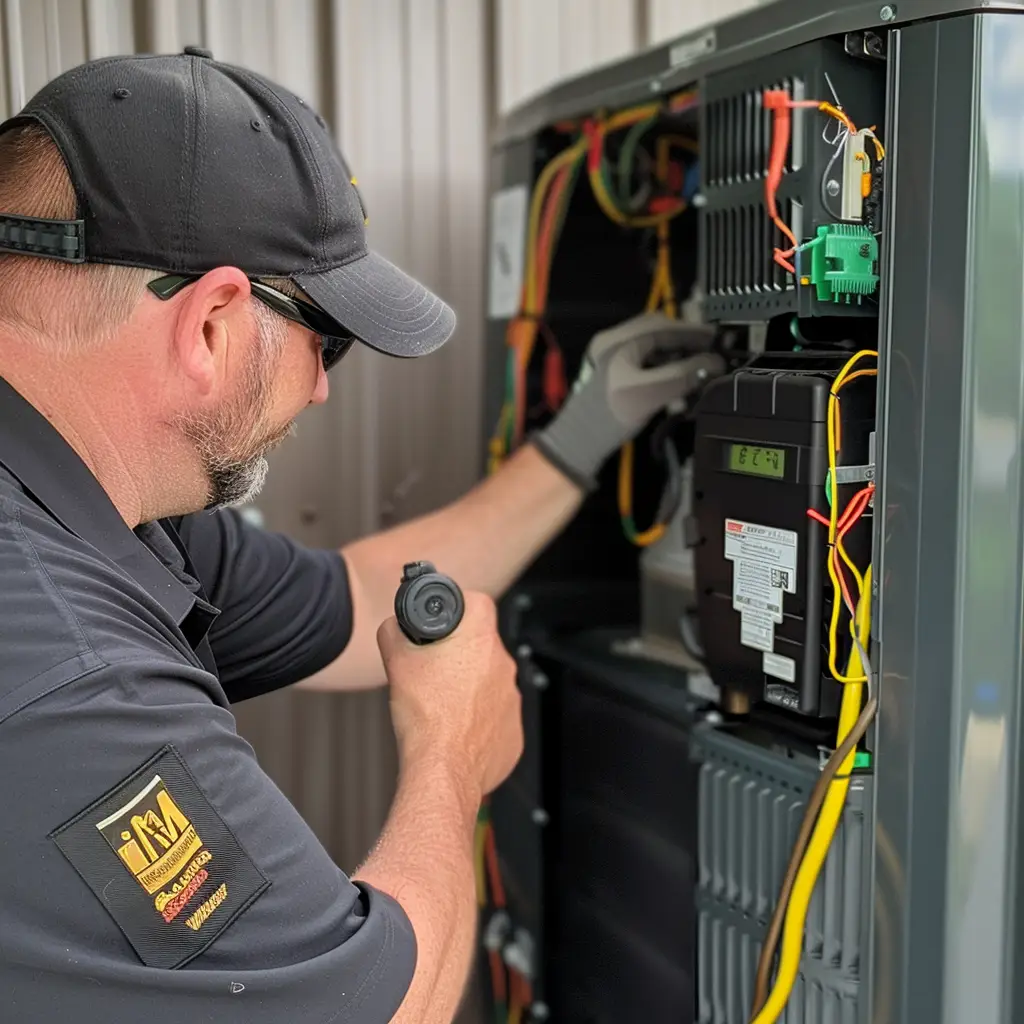Building a new home can be a thrilling journey, filled with decision-making about every little detail of your dream house. One crucial aspect to consider is the Heating, Ventilation, and Air Conditioning (HVAC) system. This guide will help you navigate the path to choosing the perfect HVAC system for your new home.
2. Understanding HVAC Systems
2.1. Definition of HVAC
HVAC is an acronym for Heating, Ventilation, and Air Conditioning, which is an integral part of a residential structure’s climate control.
2.2. Importance of HVAC in New Home Construction
Why is an HVAC system so crucial in new home construction? Well, besides ensuring the comfort of your home, a properly sized and installed HVAC system can improve indoor air quality and energy efficiency.
3. Factors to Consider When Choosing HVAC System
3.1. Size of Your Home
When selecting an HVAC system, the size of your home plays a pivotal role. The capacity of an HVAC system should be proportional to the area it’s meant to serve.
3.2. Climate and Location
The climate and geographical location of your home are other essential factors. A location with long, harsh winters will need a system with a robust heating capacity.
3.3. Energy Efficiency
Energy efficiency is a critical consideration, not only for the environment but also for your utility bills. An energy-efficient HVAC system will save money over the system’s lifespan.
3.4. Budget
While it’s crucial to invest in a high-quality HVAC system, you should also consider your budget constraints. A system with the latest features might be tempting, but it may not always be the most cost-effective choice.
4. Different Types of HVAC Systems
4.1. Central Air Conditioning
Central air conditioning is one of the most common types of HVAC systems. It cools air in a central location and then distributes it throughout the house using ducts.
4.2. Heat Pumps
Heat pumps are versatile, capable of heating and cooling a home. They are a particularly good option for moderate climates.
4.3. Ductless Mini-Splits
Ductless mini-splits are ideal for homes without existing ductwork. They allow for cooling or heating individual rooms, leading to greater energy efficiency.
Trust AirPoint for Your New Home’s HVAC Needs
Deciding on the right HVAC system for your new home construction might seem daunting. However, by considering factors like the size of your home, the climate, energy efficiency, and your budget, you can make an informed choice. But remember, you don’t have to navigate this journey alone. Trust the expertise of AirPoint, a Carrier factory authorized dealer and NATE certified company in Toronto.
As the proud recipient of the HomeStars Best of the Best 2023 award and rated 5 stars on Google and HomeStars, our reputation precedes us. Our technicians are fully certified by TSSA, HRAI, and CSA, guaranteeing you top-tier service.
For more guidance on choosing the right HVAC system for your home, watch this video by Designing Spaces
Expert Answers to Your HVAC System Queries
What is the most energy-efficient HVAC system?
Heat pumps are generally considered the most energy-efficient HVAC system, especially for moderate climates. They can provide both heating and cooling, reducing the need for separate systems.
How often should an HVAC system be replaced?
Most HVAC systems last between 15 to 20 years with regular maintenance. However, it might be more cost-effective to replace an older system with a more energy-efficient model.
Can I install an HVAC system myself?
While it's technically possible, it's not recommended. Improper installation can lead to inefficiencies and even system failures. It's best to hire a professional.
What size HVAC system do I need for my home?
The size of the HVAC system you need depends on factors like the size of your home, the local climate, and the type of system. An HVAC professional can conduct a load calculation to determine the appropriate size.
How often should an HVAC system be serviced?
As a rule of thumb, HVAC systems should be serviced at least once a year to ensure they're running efficiently and to catch any potential issues early.





